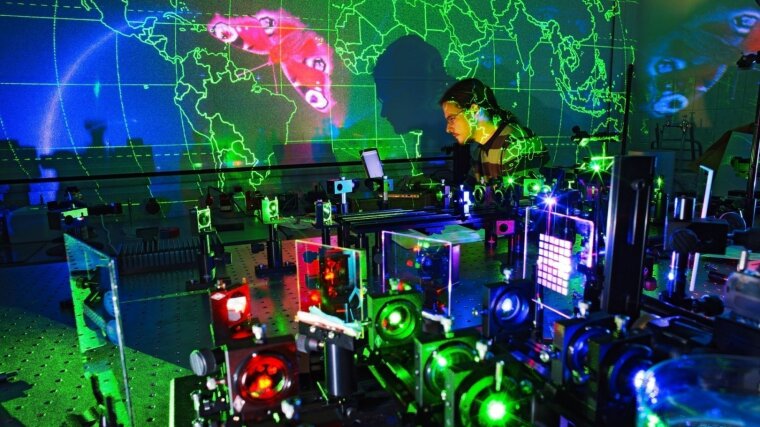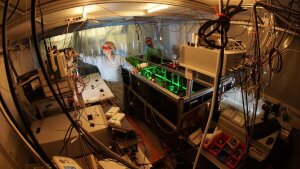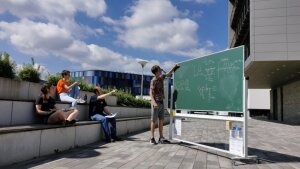
This is how to apply for the M.Sc. Photonics (and also for the M.Sc. Quantum Science & Technology) by following the links below:
- 1st step – Registration:External link Register at our University's main portal 'Friedolin' with a valid email and your personal data.
- 2nd step - Online Application:External link After registration you can directly apply for the M.Sc. Photonics and upload all your application documents. To do so, choose winter semester 2024 at the beginning of the portal process.
- A limited number of online-only study slots for the duration of the first and second semester exist as well. Thus, the program can be studied entirely remotely during the first year of studies, and all 60 necessary credit points (CPs) can be earned during that period of time.
- However, in order to advance to the third semester and to finally obtain the Master's degree, each first-year online student has to move to Jena before the start of the third semester. Online-enrolled sudents are obliged to complete an attendance phase, i.e., to study on-campus during the third and fourth semesters, in order to be awarded the final Master's degree.
In both cases you will be awarded the academic degree of Master of Science in Photonics (M.Sc. Photonics) upon successful completion of the program. The application is identical for both options, and you will be asked for your preferences. Thus, students accepted to our program and starting online are free to switch to on-campus learning and to come to Jena as soon as this is individually possible.
In our experience, giving students access to our photonics labs and training them on-campus is preferred and will lead to superior study results.
Students commencing their studies at our School should ideally have basic or in-depth knowledge of
- Mathematics (complex numbers and functions, function theory, linear and vector algebra, ordinary and partial differential equations, vector analysis, integral theory)
- Physics (electromagnetic field theory/Maxwell's equations, solid state physics)



